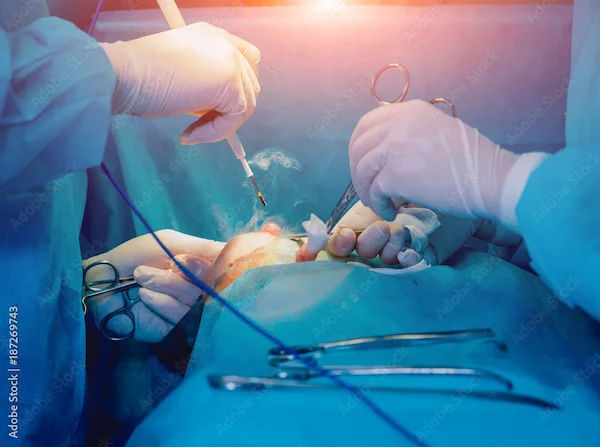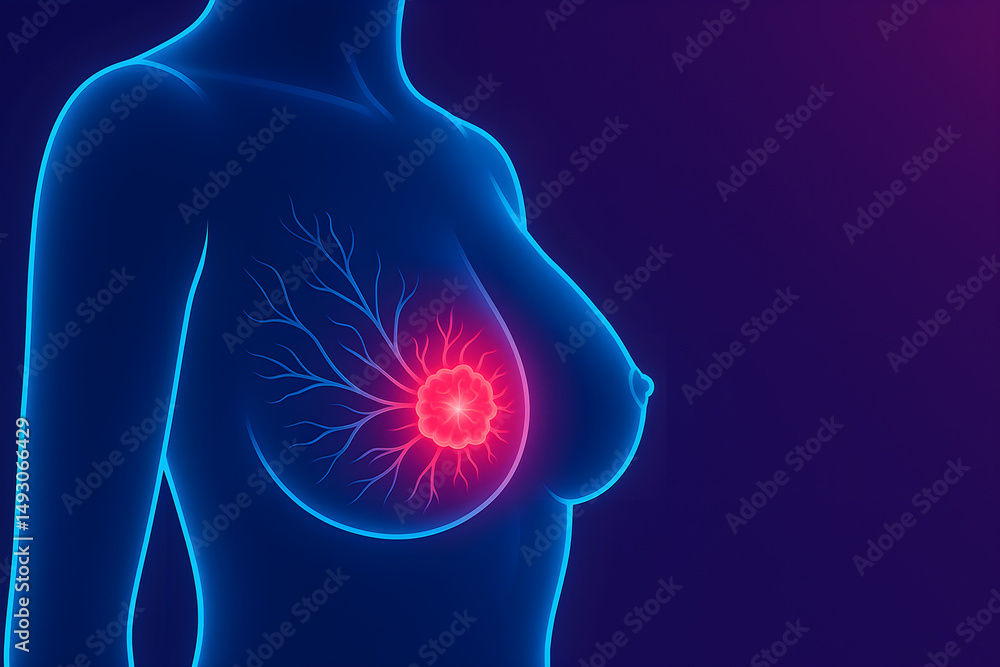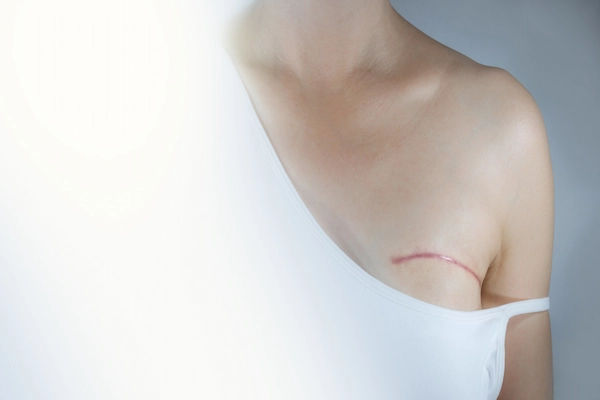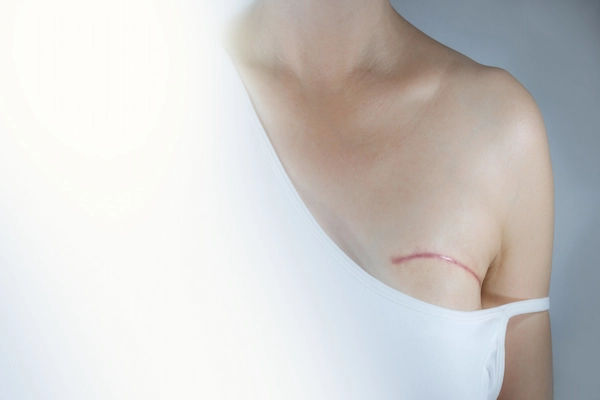Does a Mastectomy Cure Breast Cancer?
Wondering if a mastectomy cures breast cancer? Learn how this surgical procedure helps treat breast cancer, its effectiveness, and what patients should know about recurrence and long-term care.

Written by Dr. Mohammed Kamran
Reviewed by Dr. Rohinipriyanka Pondugula MBBS
Last updated on 13th Jan, 2026
.webp?tr=q-80,f-webp,w-350,dpr-2,c-at_max 700w)
Introduction
Breast cancer is a serious health concern that affects millions of women worldwide. One of the most common treatments for breast cancer is a mastectomy, which involves the surgical removal of one or both breasts. Many patients wonder: Does a mastectomy cure breast cancer? The answer is not always straightforward, as it depends on various factors, including the stage of cancer, its type, and individual health conditions. In this article, we’ll explore what a mastectomy is, when it is recommended, and whether it guarantees a cure. We’ll also discuss recovery, follow-up care, and lifestyle changes that can help improve outcomes.
Understanding Mastectomy
A mastectomy is a surgical procedure where part or all of the breast tissue is removed to treat or prevent breast cancer. There are different types of mastectomies, including:
1. Total (Simple) Mastectomy: Removal of the entire breast, including the nipple and areola, but not the lymph nodes.
2. Modified Radical Mastectomy: Removal of the entire breast along with some lymph nodes under the arm.
3. Double Mastectomy: Removal of both breasts, often done as a preventive measure for high-risk patients.
4. Skin-Sparing or Nipple-Sparing Mastectomy: Removal of breast tissue while preserving the skin or nipple for reconstruction.
When Is a Mastectomy Recommended?
A mastectomy may be recommended in the following cases:
Early-stage breast cancer (when the tumour is large relative to breast size).
Multiple tumours in different areas of the breast.
High genetic risk (such as BRCA gene mutations).
Recurrent breast cancer after previous treatments.
Patient preference (some women choose mastectomy over lumpectomy for peace of mind).
Consult Top Specialists for Personalised Tips
Does a Mastectomy Cure Breast Cancer?
While a mastectomy is an effective treatment, it does not always guarantee a complete cure. Here’s why:
1. Cancer May Have Spread Beyond the Breast
Even after removing the breast, cancer cells might have already spread to lymph nodes or other organs (metastasis). If this happens, additional treatments like chemotherapy, radiation, or hormone therapy may be needed.
2. Risk of Recurrence
In some cases, cancer can return in the chest wall, nearby lymph nodes, or distant organs. Regular follow-ups and scans are essential to detect any recurrence early.
3. Type and Stage of Cancer Matter
Early-stage cancers (Stage 0 or I) have a high chance of being cured with mastectomy alone.
Advanced cancers (Stage III or IV) may require additional treatments even after surgery.
4. Individual Factors Play a Role
Factors like age, overall health, hormone receptor status, and genetic mutations influence the success of treatment.
Life After a Mastectomy
Recovering from a mastectomy takes time, both physically and emotionally. Here’s what to expect:
1. Physical Recovery
Pain & Discomfort: Mild to moderate pain is common, but medications can help.
Limited Arm Movement: Physical therapy may be needed to restore mobility.
Lymphoedema Risk: If lymph nodes are removed, swelling in the arm may occur.
2. Emotional Well-being
Body Image Concerns: Many women struggle with changes in appearance. Breast reconstruction or prosthetics can help.
Support Groups: Talking to other survivors or a counsellor can be beneficial.
3. Follow-Up Care
Regular Check-ups: Blood tests, mammograms (if one breast remains), and scans may be needed.
Hormone Therapy (if applicable): For hormone-positive cancers, medications like tamoxifen may be prescribed.
How to Reduce the Risk of Recurrence?
While a mastectomy significantly reduces the risk of cancer returning, lifestyle changes can further improve outcomes:
1. Healthy Diet:
Eat plenty of fruits, vegetables, and whole grains.
Limit processed foods, red meat, and alcohol.
2. Regular Exercise: Aim for at least 30 minutes of moderate activity (walking, yoga, swimming) most days.
3. Maintain a Healthy Weight: Obesity is linked to higher recurrence risks.
4. Avoid Smoking & Limit Alcohol: Smoking increases cancer risks, and alcohol should be consumed in moderation (if at all).
5. Stress Management: Meditation, deep breathing, and hobbies can help reduce stress.
When to Seek Further Medical Help?
Even after a mastectomy, be alert for signs of recurrence, such as:
New lumps in the chest, armpit, or elsewhere.
Unexplained weight loss or fatigue.
Persistent pain in bones, chest, or abdomen.
If you notice any unusual symptoms, consult your doctor immediately.
Conclusion
A mastectomy is a powerful treatment that can eliminate breast cancer in many cases, especially when detected early. However, it does not guarantee a cure for everyone, as cancer can sometimes return or spread. Follow-up care, healthy lifestyle choices, and regular screenings are crucial for long-term recovery.
Consult Top Breast Surgeon
Consult Top Specialists for Personalised Tips

Dr. Anup Dhir
Plastic Surgeon
38 Years • MBBS MS (General Surgery) MCh (Plastic & Reconstructive Surgery) FECSM (Fellow of the European Committee of Sexual Medicine). Senior Consultant- Plastic and Cosmetic Surgery.
Delhi
Apollo Hospitals Indraprastha, Delhi
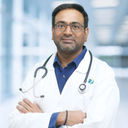
Dr. B Sujeeth Kumar
Surgical Gastroenterologist
16 Years • MBBS, MS(General Surgery), FIAGES(Minimal Access Surgery), FAIS, FALS (Advanced Laparoscopic Colorectal Surgery), DIPMAS(Minimal Access Hernia Surgery), FICRS (Robotic Surgery)
Manikonda Jagir
Apollo Clinic, Manikonda, Manikonda Jagir
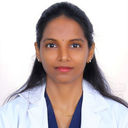
Dr. Ekollu Sindhu
General Surgeon
4 Years • MBBS,MS(General Surgeon)
Manikonda Jagir
Apollo Clinic, Manikonda, Manikonda Jagir
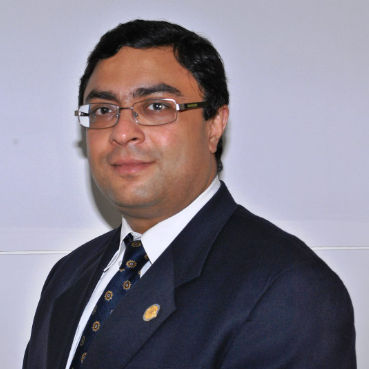
Dr Shaikat Gupta Director Surgical Onco
Surgical Oncologist
35 Years • MBBS (University Gold Medalist), MS, FRCSEd
Kolkata
Apollo Multispeciality Hospitals , Kolkata, Kolkata
(250+ Patients)
Dr.vinod Kumar Singh
GI and General Surgery
8 Years • M.B.B.S, DNB General surgery.
New Delhi
Apollo Spectra Hospitals, New Delhi
Consult Top Breast Surgeon

Dr. Anup Dhir
Plastic Surgeon
38 Years • MBBS MS (General Surgery) MCh (Plastic & Reconstructive Surgery) FECSM (Fellow of the European Committee of Sexual Medicine). Senior Consultant- Plastic and Cosmetic Surgery.
Delhi
Apollo Hospitals Indraprastha, Delhi

Dr. B Sujeeth Kumar
Surgical Gastroenterologist
16 Years • MBBS, MS(General Surgery), FIAGES(Minimal Access Surgery), FAIS, FALS (Advanced Laparoscopic Colorectal Surgery), DIPMAS(Minimal Access Hernia Surgery), FICRS (Robotic Surgery)
Manikonda Jagir
Apollo Clinic, Manikonda, Manikonda Jagir

Dr. Ekollu Sindhu
General Surgeon
4 Years • MBBS,MS(General Surgeon)
Manikonda Jagir
Apollo Clinic, Manikonda, Manikonda Jagir

Dr Shaikat Gupta Director Surgical Onco
Surgical Oncologist
35 Years • MBBS (University Gold Medalist), MS, FRCSEd
Kolkata
Apollo Multispeciality Hospitals , Kolkata, Kolkata
(250+ Patients)
Dr.vinod Kumar Singh
GI and General Surgery
8 Years • M.B.B.S, DNB General surgery.
New Delhi
Apollo Spectra Hospitals, New Delhi
_1.webp)
